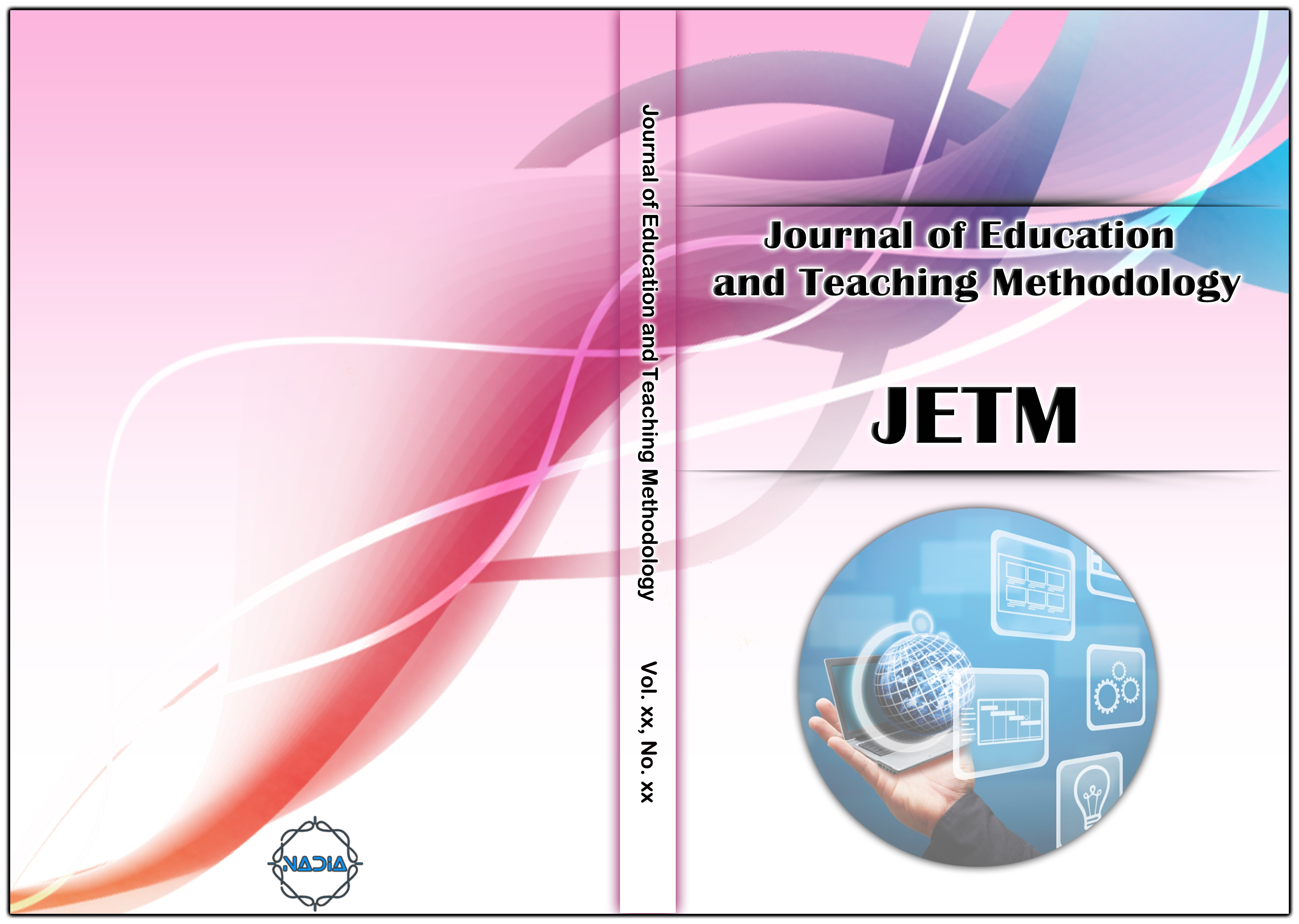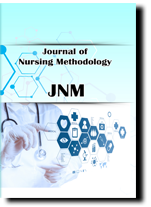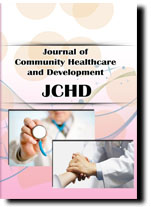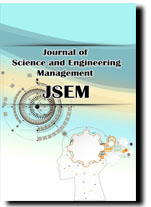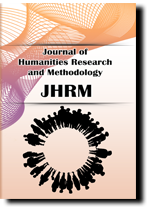[1] Baron-Cohen, S., Richler, J., Bisarya, D., Gurunathan, N. and Wheelwright, S., “The Systemising Quotient (SQ): An investigation of adults with Asperger Syndrome or High Functioning Autism and normal sex differences”, Philosophical Transactions of the Royal Society, vol. 358, (2003), pp. 361-374.
[2] Bion, W., R. Experiences in Groups, London: Tavistock, (1961).
[3] Brinia, V., Poullou, V. and Panagiotopoulou, A. "The Philosophy of Quality in Education: A Qualitative Approach", Quality Assurance in Education, vol. 28, no. 1, (2020), pp. 66-77.
[4] Cohen, L., Manion, L. and Morrison, K., “Methodology of Educational Research”, Athens: Metechmio, (2008).
[5] Creswell, W. John, “Educational Research: Planning, Conduction, and Evaluating Quantitative and Qualitative Research”, Athens: Ion, (2012).
[6] Durkheim, E., “Moral Education”, (1925).
[7] Ezriel, H., “A Psycho-Analytic approach to group treatment”, British Journal of Medical Psychology, vol. 23, no. 1-2, (1950), pp. 59-74.
[8] Ekman, P., “Emotional Awareness: Overcoming the Obstacles to Psychological Balance and Compassion”, New York Times Books, (2008).
[9] Foulkes, S., H., “Selected papers of S.H. Foulkes: Psychoanalysis and group analysis”, Karnac Books, (1990).
[10] Hoffman, M., “Empathy and Moral Development; Implications for Caring and Justice”, Cambridge University Press, New York, (2001).
[11] Goleman, D., “The Emotional Intelligence”, Pedio, (2011).
[12] Henderson, Milstein, “Resiliency in schools: Making it Happen for Students and Educators”, Typothito-Dardanos, (2008).
[13] Kourkoutas, E., Hart, A. Kassis, W. and Graaf, U., “A Resilience-based Program to Promote Reflective and Inclusive Teaching Practices in Greece during Austerity”, In Amzat, H. I. & Valdez, N. (Eds.). Teacher Professional Knowledge and Development for Reflective and Inclusive Practice, New York, NY: Routledge, (2017), pp. 168-178.
[14] Liebenberg, Linda, Theron, Linda, Sanders Jackie, Munford, Robyn,- van Rensburg, Angelique, Rothmann, Sebastiaan and Ungar, Michael, “Bolstering resilience through teacher-student interaction: Lessons for school psychologists”, School Psychology International, vol. 37, no. 2, (2016), pp. 140-154.
[15] Lau, P. S. Y. and Wu, F. K. Y., “Emotional Competence as a Positive Youth Development Construct: A Conceptual Review”, The Scientific World Journal, (2012), pp. 1-8.
[16] Liu, L. B., “Aesthetic inquiry into Chinese university student fatherly life lessons: “Roots” and their implications for educational contexts”, International Journal of Education & the Arts, vol. 18, no. 14, (2017), Retrieved from http://www.ijea.org/v18n14/.
[17] Luthar, Suniya, Cicchetti, Dante and Becker, Bronwyn. “The Construct of Resilience: A Critical Evaluation and Guidelines for Future Work”, Child development, vol. 71, (2000), pp. 543-62.
[18] Masten, A. S., Best, K. M. and Garmezy, N., “Resilience and Development: Contributions from the Study of Children Who Overcome Adversity”, Development and Psychopathology, vol. 2, no. 4, (1990), pp. 425-444.
[19] Masten A. S. and Gewirtz A. H., “Vulnerability and Resilience in Early Child Development”, Blackwell Handbook of Early Childhood Development. Malden, MA: Blackwell Publishing Ltd., (2008), pp. 22-43.
[20] Robson, C. Real World Research. Athens: Gutenberg, (2010).
[21] Stipek, Deborah, Sota, Ann de la and Weishaupt, Laura “Life Lessons: An Embedded Classroom Approach to Preventing High-Risk Behaviors among Preadolescents” The Elementary School Journal 99.5, Special Issue: Non-Subject-Matter Outcomes of Schooling (1999):433-451.
[22] Stock Whitaker, D. and Lieberman, A., M. Psychotherapy through the group process. New York: Atherton Press, 1964.
[23] Werner, E., “Protective factors and individual resilience”, Handbook of Early Intervention, Cambridge University Press, (2000), pp. 115-132.
[24] Yalom, I. and Leszcz, M., “The Theory and Practice of Group Psychotherapy”, Agra, (2006).
[25] Josafat, Matthew, “Growing up in the Greek family”, Athens: Armos, (2010).
[26] TheCollaborativeforAcademic, Social, andEmotionalLearning, CASEL), https://casel.org/.
